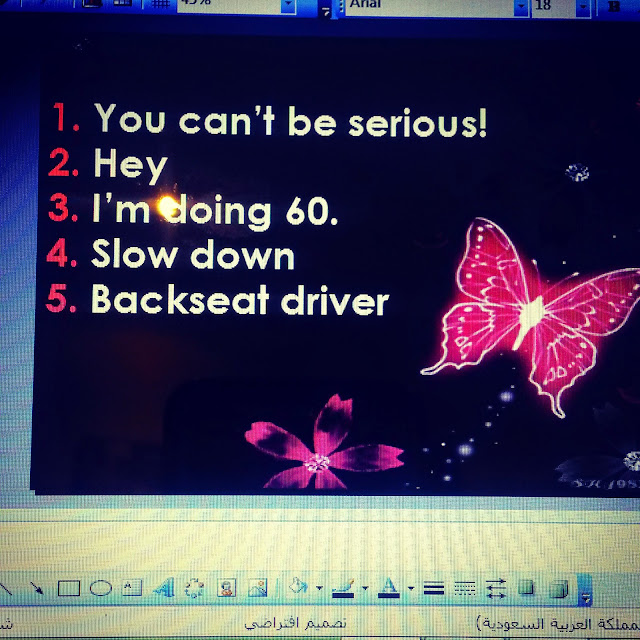Page 41 A
EXPANSION Units 4-6
1. Dad has already bought Mom a gift.
2. Dad hasn’t bought Mom fowers yet.
3. Jenny and Lee have already baked a cake.
4. Jenny and Lee haven’t bought Mom a gift yet.
5. Jenny and Lee haven’t cleaned the house yet.
6. Jenny and Lee have already made Mom a card.
B
1. going out with his friends
2. eating carrots
3. painting his bedroom
4. studying more for the next test
C
Answers will vary. Sample answers:
1. Turn of the TV.
2. Clean up the kitchen.
3. Turn on the computer.
4. Throw away the newspapers.
5. Hang up the jackets.
6. Take out the garbage.
Page 42 D
Answers will vary. Sample answers:
1. If I study a lot, I’ll do well in school.
2. If I go to college, I might study biology.
3. If I don’t have much time to see my friends, I will be sad.
4. If the temperature outside is zero degrees, it’s cold.
5. If it rains a lot, the roads might be dangerous.
6. If I don’t do my homework, my teacher will be upset.
7. If I work all the time, I might make a lot of money.
8. If the sun sets, it gets dark.
9. If my family eats dinner in a restaurant, we will spend a lot of money.
10. If I go to the beach, I might go surfng.
E
Answers will vary. Sample answers:
1. I’d rather read a book than watch TV.
2. I’d rather hang out with my friends than surf the Internet.
3. I’d rather work less and enjoy my free time than work a lot and be tired all the time.
4. I’d rather save my money than buy a new camera.
5. I’d rather travel and make new friends than stay home and work.
6. I’d rather study and pass a test than cheat and pass a test.
7. I’d rather live in a small town than live in a big city.
Ex f
1. Going
2. meeting
3. to leave
4. to stay
5. to like
6. hanging out
7. talking
8. to join
9. eating
10. Going out
11. laughing
12. speaking
13. to make
14. to speak
15. to write
Ex g
1. polite to; be sure to
2. rude to; try to
3. common to; be sure to
4. a good idea to; Remember to
5. wrong to; Be sure to
6. advisable to; Don’t forget to
Page 44 H
Answers will vary. Sample answers:
1. Be sure to throw the ball straight.
2. Remember to aim the ball at the center pin.
3. Don’t forget to wear your helmet.
4. Try not to go too fast on your bike!
I
Answers will vary. Sample answers:
Cuisine: taste new dishes at least once; follow table manners
Language: learn to speak the language; don’t be afraid to make mistakes
Gestures: avoid rude gestures; ask politely if you don’t understand
J
Answer will vary. Sample answer: How to Deal with Culture Shock
Assimilating into a new culture can be difcult. Here is some advice on how to best deal with culture shock. First, make sure to learn as much as possible about traditions and respect the local customs. The food might be very diferent, but you should try new dishes at least once. Watch what others do while eating and follow their table manners. It’s important to practice speaking the language, so don’t be afraid to make mistakes. Try to avoid using rude gestures. When you don’t understand a gesture, it’s best to ask someone what they mean. Finally, be patient and you’ll learn how to ft in.



























